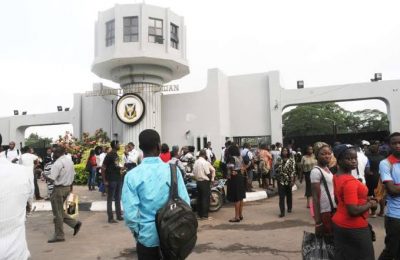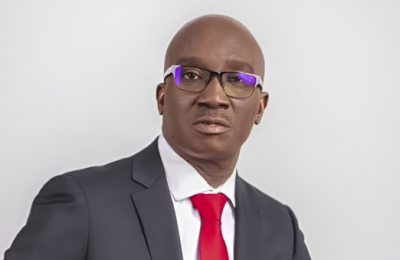The Federal Government has called for a comprehensive overhaul of the healthcare system, emphasizing the need for legal reforms and financial accountability to ensure a resilient and inclusive health security framework.
In his keynote address at the Policy Dialogue for Health Security and Financing in Nigeria, the Coordinating Minister of Health and Social Welfare, Prof. Muhammed Ali Pate, noted that the government recognizes the urgency of updating health laws to address current realities, including managing infectious diseases, mental health, and non-communicable diseases.
The dialogue, organized by the Legislative Initiative for Sustainable Development (LISDEL) and themed Protecting Citizen’s Health: The Imperative of a Successful Legal Reform and Accountable System for Health Security Financing, focused on strengthening legal frameworks, enhancing accountability, and mobilizing resources to ensure universal access to quality healthcare.

Pate, represented by Nneka Orji, Deputy Director of the Department of Planning, Research and Statistics, explained that a key focus is establishing a strong legal framework that clarifies roles and responsibilities, ensures accountability, standardizes best practices, and guarantees geographic and financial access to quality healthcare for all citizens.
“To achieve this, Nigeria is implementing a sector-wide approach (SWOT program) that brings together government agencies, donors, private partners, and civil society groups to enhance coordination, efficiency, and transparency,” he said.
“The program aims to align sectoral initiatives with national policies, reduce duplication and optimize resource allocation, foster financial transparency and accountability, and promote partnership and information sharing among stakeholders.”
“The ultimate goal is to improve public service delivery and outcomes by strengthening partnerships, harmonizing funds flow, and promoting alignment with government-led strategies.”

Dr. Ahmed Baba, Technical Adviser to the Special Adviser to the President on Health, raised concerns about Nigeria’s numerous healthcare challenges, including uninformed patients relying on unqualified individuals for medical opinions, leading to misdiagnosis and delayed treatment. He noted that the country’s healthcare system is mainly driven by the public sector, with 66% of health facilities owned by the federal, state, and local governments.
“To address these challenges, it’s crucial to prioritize healthcare as a national agenda, increasing the national budget allocation for healthcare and expanding the national health insurance scheme.”
“Some key recommendations for improvement include mandating states to provide health insurance coverage to all residents, enrolling poor residents in private health insurance plans with states paying premiums, and ensuring free health policies and exemption mechanisms effectively provide social and financial risk protection for vulnerable populations like children, pregnant women, and the elderly.”
“Additionally, establishing a legislative framework for universal health coverage is vital to address poverty, vulnerability, and inequality in health.”
ALSO READ: Jubilation as Okpebholo orders contractors back to sites
“This can be achieved through a whole-of-government and whole-of-society approach to prevent ill health by investing in highly cost-effective health-promoting policies and interventions.”
The Chairperson of the Health Sector Reform Coalition of Nigeria, Dr. Muhammed Lecky, noted that disaster and emergency events require a systematic approach through robust legislation and programmatic responses, contextualized in a credible national emergency response framework.
“We cannot afford ad hoc responses. Not only is this unwise, but it can also be extremely costly in terms of physical and financial pain. Hence, the need for a credible response.”
“As a nation, we must have the ability to protect ourselves from various health threats, whether from disease outbreaks or natural or man-made disasters.”
“It is imperative that we are positioned to prevent, detect, and respond to prioritized actions as a national security response to safeguard public health, the economy, and national security.”
Meanwhile, the Programs Director of the Legislative Initiative for Sustainable Development (LISDEL), Ademuyiwa Damilola, explained that the inspiration behind the accountability framework was to address challenges in Nigeria’s health security financing.
“We want to ensure that resources are utilized efficiently, going beyond just response activities during outbreaks. Our goal is to have a system where funding is set aside for the prevention and detection of public health threats.”
“To achieve this, we collaborated with multiple stakeholders, including other CSO organizations, development partners, donors, and government stakeholders. Specifically, we worked with the Health Sector Reform Coalition, a coalition of CSOs working in the health sector.”
“However, we faced significant challenges during the development stages. Poor access to information and data hindered our analysis and decision-making. Additionally, inefficient funding for health security activities and a lack of transparency in tracking funding releases and utilization posed significant obstacles,” he added.







